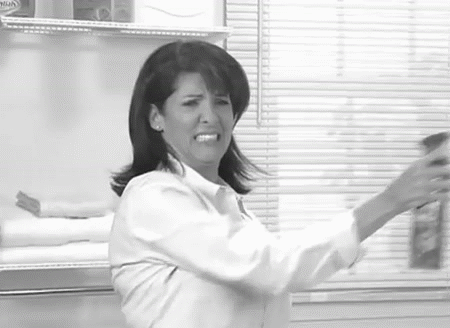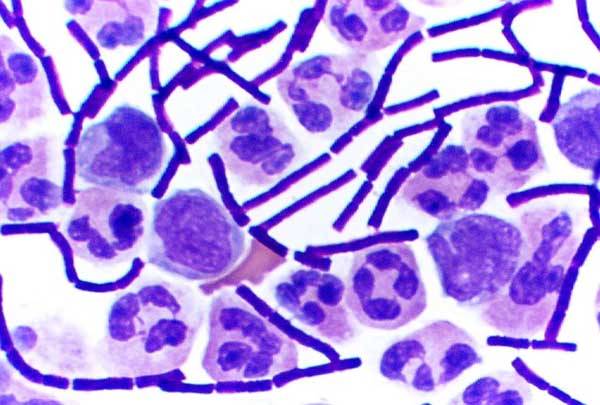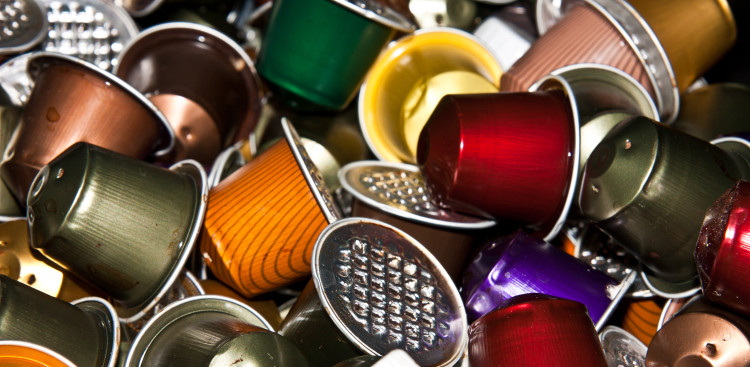
I once worked in a warehouse, and in the lunchroom of that warehouse was a shiny Keurig coffee maker. It was beautiful. Every week, someone would fill a tupperware dish on the counter with all sorts of fancy coffee.
It was a beautiful scenario. Except for the flies.
Every morning when you’d walk past the machine, a swarm of fruit flies would literally emerge and dance around in the air.
There was the smell, too.

Maybe that coffee maker situation wasn’t so beautiful after all.
I wouldn’t be surprised if a good chunk of you reading this were nodding along to that anecdote. Why? Because 27% of Americans use single-cup coffee makers, and health experts criticize the machines heavily for the impact they have on peoples’ health.
What Else Are You Drinking In Your Coffee?

A lot of people take sugar and milk. But if you use a coffee maker, you could also be swallowing more than 4 million colonies of harmful bacteria and mold.
That’s what researchers found when they swabbed 28 coffee machines in Pittsburg. More than half the machines had bacteria such as E coli, staphylococcus, stretococcus and pseudomonas aeruginosa.
So your coffee is a bit more exotic than you might’ve thought.
To put things into perspective, NSF International conducted a study that found an average coffee maker reservoir has a higher germ count than a bathroom, kitchen, or a dog’s chew toy.
“But wait!” you might be exclaiming.
“I paid, like $500 for my coffee maker, surely it’s in better shape than some of those cheap models!”
No, it’s probably not. Researchers at the University of Valencia in Spain also conducted a study on the cleanliness of coffee makers that found all machines tested, regardless of their quality, had significant bacterial diversity.
And due to the fact that coffee has some antibacterial properties, you can only imagine how much bacteria was there to begin with.
The Other Health Concerns Associated With Coffee Makers

Many people shy away from putting plastic in the microwave, but we hardly give our coffee maker pods a second thought.
There’s a lot of debate about a certain type of plastic called BPA that is commonly used in food products such as coffee makers. It has been found in some studies to pose serious risks, even at low exposure.
These risks include structural brain damage, hyperactivity, early puberty, increased fat formation, stimulation of prostate cancer cells, altered immune function and decreased sperm production.
While those studies were conducted on animals (it therefore has yet to be proven those same results occur in humans), it is known that BPA raises your blood pressure within minutes of ingestion.
So What Are Your Options?
Obviously you can’t just give up coffee. And you wouldn’t want to — it has legitimate health benefits.
But what you can do is consider the alternatives to using a coffee maker. The truth is, they’re expensive to maintain. The New York Times did a study that found the coffee in Nespresso and K-Cups pods works out to costing you more than $50 per pound.
That’s much higher than what you’d pay for most high-quality organic coffees.
When you factor in the germs, that should be enough to send you running the other way.
But if you’ve already paid a ton of cash for your coffee maker and the price of the coffee doesn’t really bother you, cleaning your coffee maker regularly is one option.
Running white vinegar through it is a great method, and the following video demonstrates it quite well.
But if you haven’t already bought a coffee maker, here are some alternatives.
A French Press
SterlingPro makes an awesome coffee and expresso machine that’s made of glass and stainless steel. With its simple construction, you won’t get nearly as much bacteria buildup as with a traditional coffee maker.
The machine can crank out eight cups of coffee at once but if you’re looking for something smaller, check out this French Press.
The Chemex
The Chemex is a beautiful-looking coffee brewer that requires pouring hot water over your coffee grounds, meaning you can never over-brew. The grounds also never touch the glass, so it’s quick to clean.


